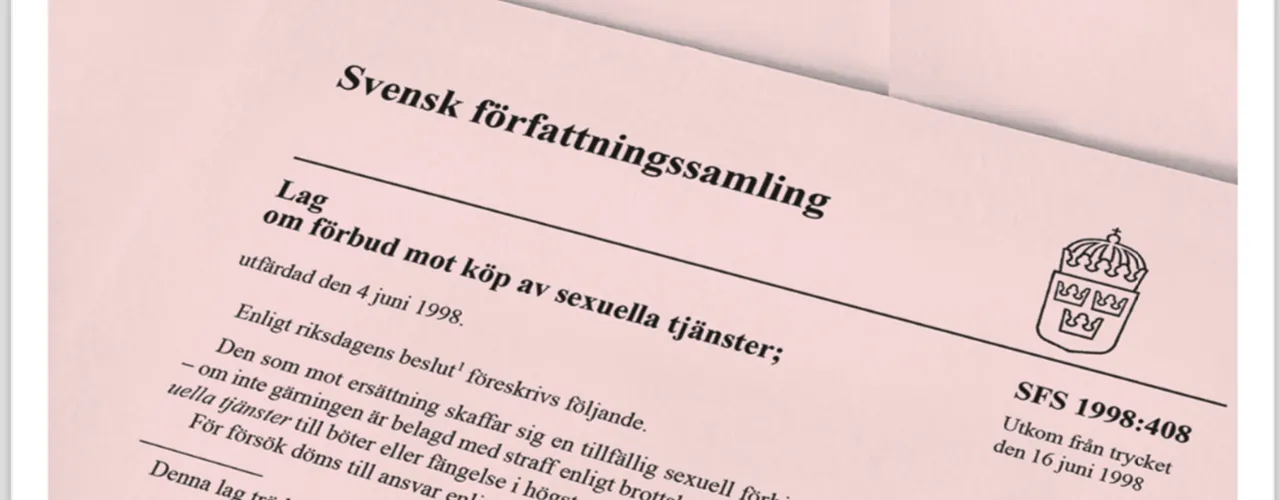
Sweden's Ban on Sex-Purchase. Morality politics and the governance of prostitution
How are we to understand the polarised and strong emotions surrounding Sweden's ban on sex-purchase? How can we interpret its numerous political and legal conflicts? And why is it that some countries decriminalise prostitution, while others introduce stricter and more punitive measures?
Ever since its inception, the 1999 Swedish ban on sex-purchase has been hotly debated in politics, the media, and academia. My study focuses on the attention the ban has received as an unprecedented approach to governing prostitution, the highly polarised political environment in which it exists, and the multiple political-legal contradictions it displays.
Using material gathered through a multisited method from 2009 through 2019, I show that the offence is a variant of traditional anti-prostitution laws and argue that its distinctive and puzzling features are comprehensible within the framework of morality politics.
The thesis refines the concept of morality politics, offering new insights into how issues like prostitution, homosexuality, abortion, and drug use are perceived, discussed, and governed in liberal democracies. I suggest these are ‘consensual crimes’ rooted in religious notions of sin and seen as risks to social order. These issues are typically addressed by repressive, restrictive, or integrative policy models that seek either to reform those engaged in marginalised practices or to grant them civil rights.
The study demonstrates that Sweden’s ambivalent civic and legal stance toward sex workers reflects an exclusionary logic, linking it to the historically subordinate status of women’s labour and state punishment of ‘sinners’.
